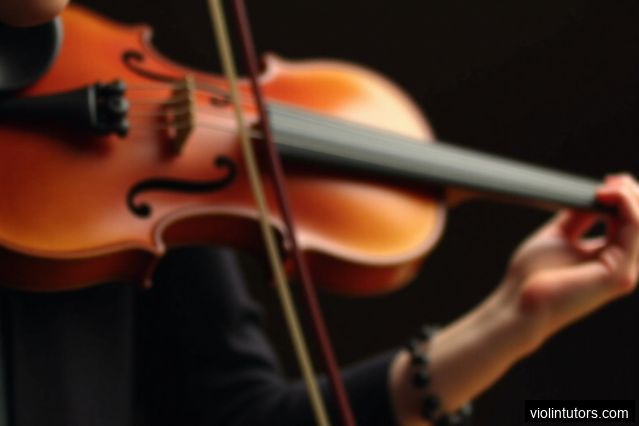The Significance of Music Theory
Music theory forms the foundation of any musician's training, and violinists are no exception. By understanding the fundamental principles of music theory, you gain insight into the structure and composition of the music you play. It allows you to interpret the music more effectively and express it with greater emotion and accuracy.
Scales, Chords, and Intervals
One of the essential aspects of music theory for violinists is learning scales, chords, and intervals. Scales provide the framework for melodies and help you navigate the fingerboard with precision. Chords add depth and harmony to your playing, enhancing your sound and allowing you to accompany other musicians. Intervals, the distances between notes, help you understand and execute musical phrases, improving your overall musicality.
Applying Music Theory to Violin Practice
Now that you understand the importance of music theory, how can you apply it to your violin practice? One effective approach is to start by studying the scales and arpeggios associated with the key signatures you commonly encounter in violin repertoire. By memorizing and practicing these scales, you'll develop a solid foundation for improvisation, sight-reading, and understanding complex musical passages.
Ear Training
Ear training is another crucial aspect of music theory for violinists. Developing your ear allows you to recognize and reproduce musical intervals, chords, and melodies accurately. To improve your ear, practice identifying intervals by ear and singing them back. This skill will enhance your ability to play by ear, improvise, and communicate with other musicians.
The Role of Music Theory in Interpretation
Music theory also plays a significant role in interpreting the music you play on the violin. Understanding the underlying structure and harmony of a piece helps you make informed decisions about phrasing, dynamics, and articulation. By analyzing the chord progressions and melodic patterns, you can bring out the intended emotions and convey the composer's intentions more effectively.
Expressing Emotion and Musicality
Music theory provides you with the tools to express emotions and add depth to your playing. By understanding the relationships between scales, chords, and intervals, you can experiment with different musical ideas and create unique interpretations. It allows you to infuse your playing with your own artistic choices, making your performances more engaging and personal.








